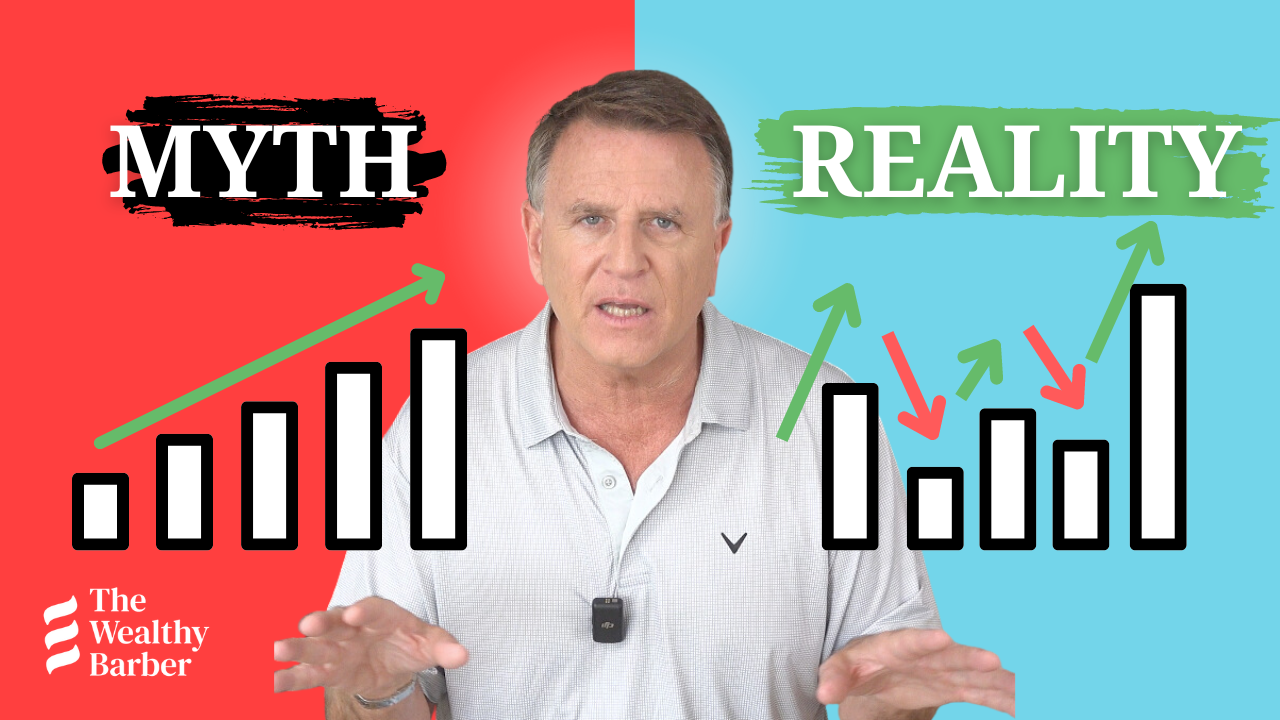What are Speculations vs. Investments?
Are you speculating or investing? Dave will tell you.
A question I’m often asked is: “What is the difference between a speculation and an investment?” In fact, I was asked that question earlier today, hence this video. Well, a speculation is an investment that didn’t work out. I’m kidding. But that’s actually pretty clever. Mo! Write that down.
We’ll use it later. Aidan, Aidan, wake Mo up. Interestingly, the investment industry has never done a great job of explaining the difference between these two terms. So I’m going to try a couple of different angles here to help you out. Let’s start with the easier of the two definitions: an investment. An investment is technically defined as a commitment of resources to achieve later benefits.
I like that because it travels well to areas outside of money. You invest in your education. You invest in working out. A definition you hear a lot in the world of finance is: An investment is an asset that is purchased with the hope it will generate income or appreciate in value or both. That makes perfect sense.
But the obvious question is, “Well, isn’t a speculation an investment then?” Yes, in fact, it is. Think about it – you’re not going to speculate in an asset that you don’t think will ever either spin off an income or go up in value. That’s not a speculation nor an investment. Nope, that’s known in the world of finance as, well,
stupid. Hmm, so speculations are really subsets of the wide world of investments? Yes. So, how do you define them? What makes them different from the other investments? Many experts say to look at this through the lens of probability. If an asset is purchased that carries a decent probability of profit over time, it’s an investment.
If, on the other hand, the asset purchased could pay off, maybe not, maybe it pays off big, but the odds aren’t great and the volatility is high and oh my gosh, it could go to zero type thing. Well, hey, that’s a speculation. Investment too, but a speculative investment – good term there based on our definitions.
I’ve heard some educators say non-speculative investments are long-term in nature and speculative investments tend to be short term. Way too many exceptions to that for that thought to be of any value at all. Forget it. Finally, and this is important, so don’t start scrolling yet, there’s another way of looking at this that I quite like.
People credit Charlie Munger for this and hey, he’s one of my heroes, so I’m definitely going to use it. A speculation is an investment in a non-productive asset. An asset that doesn’t produce any revenue, any cash flow. Non-speculative investments, some would say true investments, are dollars placed in productive assets. Things like apartment buildings, common stock, private businesses.
Okay, that makes good sense, but even it’s not perfect. Trust me, there are many small, publicly-traded companies that have some revenue but by any rational analysis would still be branded as speculative investments. I think mixing that definition with the probability-based definition probably gives us the best way to look at all of this.
Alright, I’m off to lunch at the famous Daily Grill on Davenport and Northfield. Providing that testimonial, by the way, was an investment because it scored me a free piece of pie.
Feel Confident About Your Finances
Sign up for our Weekly Round-Up of new videos and podcasts released over the past seven days. We won’t spam you or try to sell you a course—promise!




